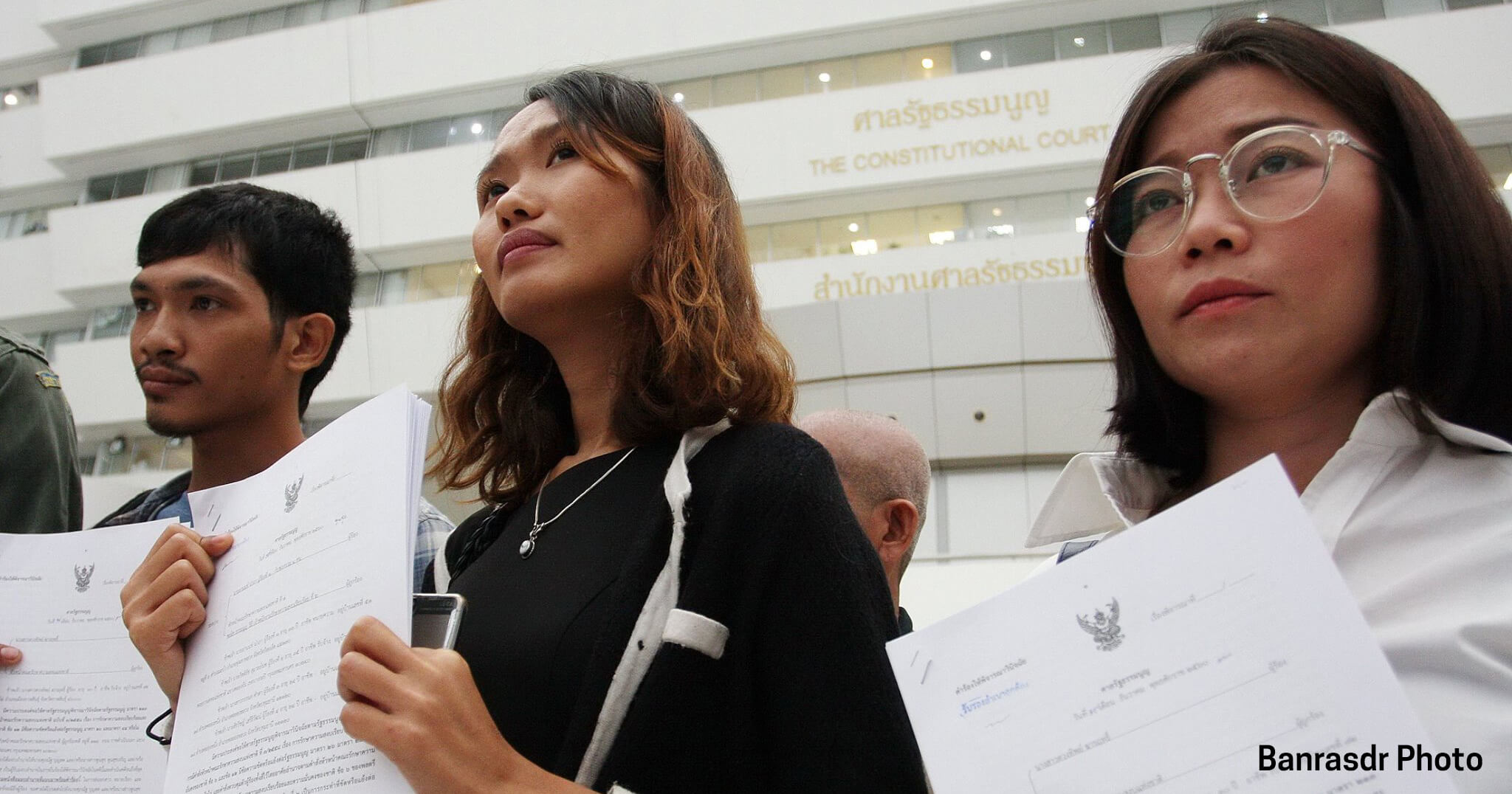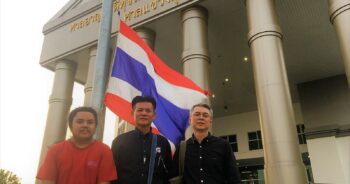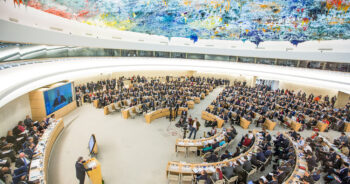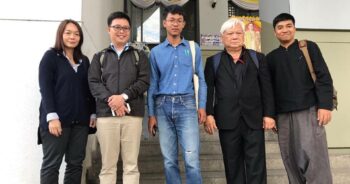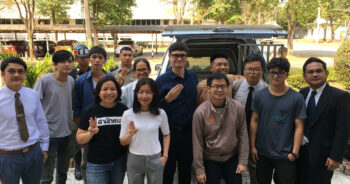On 19 December 2017, 24 individuals from civil network submitted a petition to repeal Head of the National Council for Peace and Order (NCPO) Order no.3/B.E.2558 (2015)— the order of the Thai military ruling junta that prohibits any gatherings of five or more persons— in the Constitutional Court of Thailand. Reasons to the case were the alleged unconstitutionality and the implementation of the Order by law enforcement that infringes rights and liberties of the people, which are guaranteed by the 2017 Constitution.
The civil network includes the Health Insurance Love Group, the Stop Coal Krabi, the Rajabhakti Park case defendants (campaign for investigation into alleged corruption of military-run project of a memorial park), the Bang Sao Thong referendum case defendants (prosecution of vote-no-against-the-draft-constitution campaigners), the activists detained by authorities at Bangkok Art and Culture Centre when marking the coup anniversary in 2015, the human rights monitors of the Thai Lawyers for Human Rights being prosecuted for observing Talk for Freedom event in Khon Kaen, and the Kasetsart University students arrested for participating in the commemoration of the 1932 Siamese Revolution in 2016. Around 10 am, the network brought the lawsuit to the Court on the grounds that the Head of the NCPO Order no.3/B.E.2558 (2015) was issued under Section 44 of the 2014 interim Constitution, and that the appointed Peace Maintenance Officers have enforced the law in ways that infringe rights and liberties of the people under the 2017 Constitution.
Reasons stated by the network include the issuance of Section 6 of Head of the NCPO Order no.3/B.E.2558 (2015) which grants power to appointed Peace Maintenance Officers to detain individuals in military custody for up to seven days without court orders. The judiciary was therefore barred from examining grounds and conditions of the detention. The issuance and the enforcement have restricted the right to life and body, inconsistent with the Constitution.
Further, the issuance of Section 12 of the Order— which prohibits and punishes individuals who gather for political purposes in a group of five or more— constitutes the restriction of rights of individuals. Such restriction is disproportionate and burdensome for rights holders, given the current enforcement of many other laws and orders that restrict the enjoyment of such rights, including the Public Assembly Act B.E.2558 (2015) and other national security-related bills invoked during emergency situations.
Activists and civil network directly filled the lawsuit in the Constitutional Court per Section 213 of the Constitution of the Kingdom of Thailand 2017, which allows individuals to petition the Constitutional Court to investigate the exercise of civil power by government, in forms of, including but not limited to, the issuance of administrative orders and the enactment of laws. The Court is to conclude whether such government actions have violated the rights and liberties of the people under the Constitution.
“Head of the NCPO Order no.3/B.E.2558 (2015) constitutes the bestowing of power to government authorities to restrict the rights and liberties of individuals and communities, and amounts to the interference of the administration of justice since 2015. The use of legal power must be scrutinised and reviewed on the basis of the principle of the legal state (Rechtsstaat). We affirm that no laws shall be unaccountable, not even Section 44 [of the 2014 interim Constitution]. This petition is one form of such review,” said Ms Yaowalak Anuphan, Head of Thai Lawyers for Human Right.
